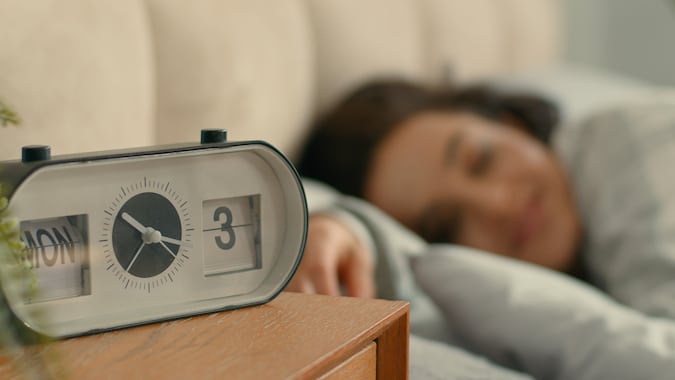
How to get Better Sleep: Simple Strategies for Restful Nights

Good sleep is essential for a healthy lifestyle, yet many of us struggle to get the quality rest we need. In this article, we’ll explore realistic, easy-to-follow tips to improve your sleep. Whether you’re an individual, a parent balancing family needs, or a senior, these tips will help you achieve restful nights and energized days.
Key Takeaways:
- Create a consistent sleep schedule for improved rest.
- Optimize your bedroom for comfort and minimal distractions.
- Avoid common sleep disruptors, like caffeine and screen time, before bed.
- Prioritize relaxation techniques to manage stress and unwind effectively.
Create a Consistent Sleep Routine

One of the most effective ways to improve your sleep is to establish a regular sleep schedule. Go to bed and wake up at the same time every day—even on weekends. This helps regulate your body’s internal clock, making it easier to fall asleep and wake up refreshed.
Additional Tips:
- Aim for 7–9 hours of sleep per night for adults.
- For children, follow age-appropriate sleep duration guidelines.
Learn more about maintaining a healthy lifestyle with SelfGood .
Optimize Your Sleep Environment
Your bedroom environment plays a crucial role in the quality of your sleep. Ensure that it’s cool, quiet, and dark to create a comfortable space for rest. Investing in a good mattress and pillows can also make a significant difference.
Key Adjustments to Consider:
- Use blackout curtains to block out light.
- Maintain a temperature of 60-67°F, optimal for most people.
- Use a white noise machine or earplugs to minimize noise disruptions.
For more practical advice and health tips , explore our blog.
Avoid Sleep Disruptors
Certain habits and substances can interfere with your ability to sleep well. To ensure restful nights, it’s important to identify and minimize these disruptors.
Common Sleep Disruptors:
- Caffeine:Avoid caffeine at least six hours before bedtime.
- Screen Time:Reduce exposure to screens (TV, phone, tablets) an hour before bed. Blue light can suppress melatonin, the sleep hormone.
- Large Meals:Finish eating heavy meals at least two to three hours before sleeping to avoid discomfort.
Relaxation Techniques for Better Sleep
Stress and anxiety are common culprits behind sleepless nights. Adopting relaxation techniques can help calm your mind and prepare your body for rest.
Techniques to Try:
- Deep Breathing:Practice slow, deep breaths to reduce stress.
- Meditation:Focus on mindfulness or guided meditations designed for sleep.
- Stretching:Gentle yoga or stretching can relax your muscles and mind.
Understanding the Connection Between Sleep and Health
Sleep impacts almost every aspect of your health, from your immune system to your mental well-being. Consistently getting quality sleep can improve your mood, energy levels, and even your decision-making skills.
For comprehensive resources on health insurance plans and how they support your well-being, visit our guide to coverage options.




